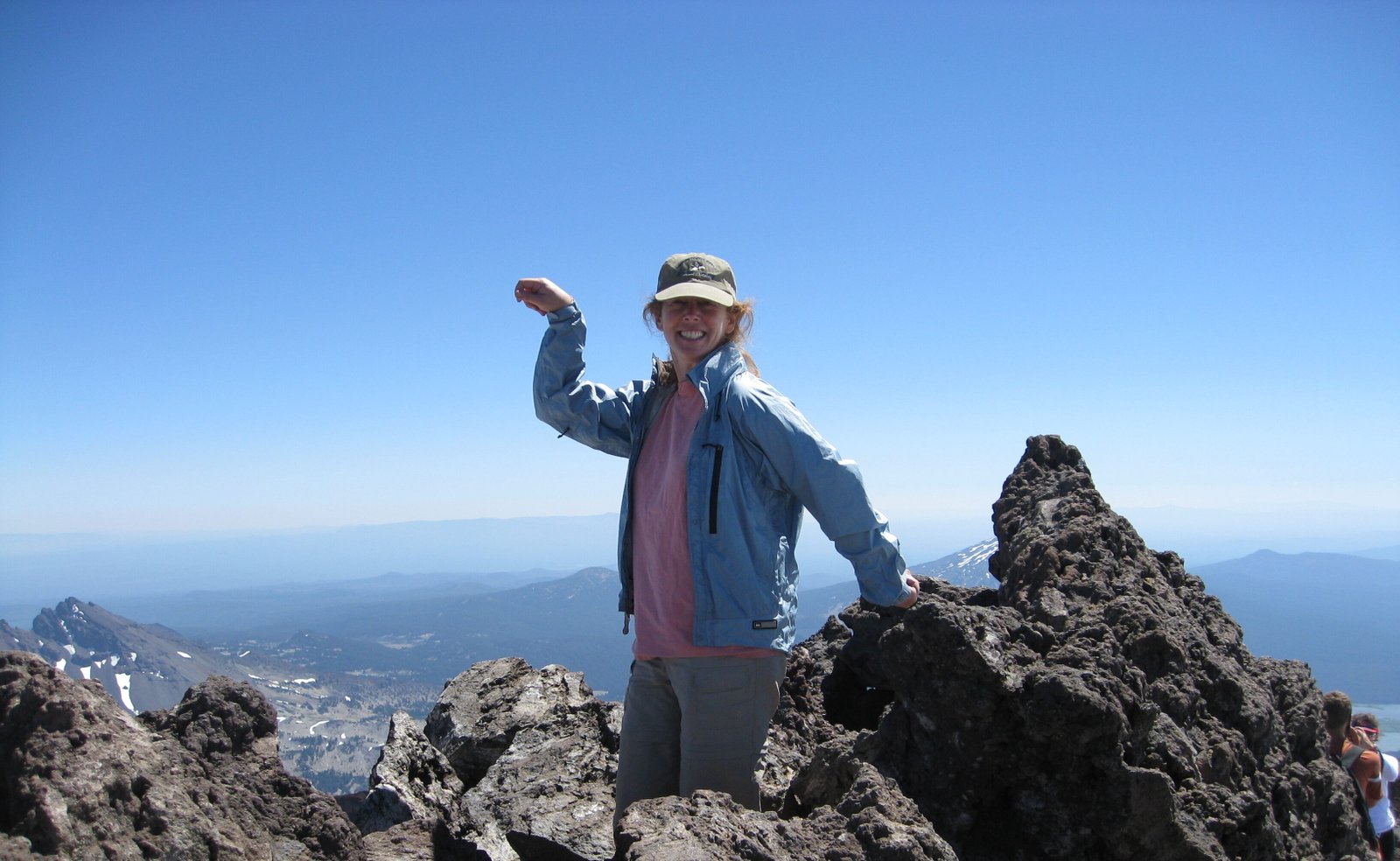
Changing the odds: Rebecca Solnit on hope and action in dark times
I’ve long admired Rebecca Solnit’s writing, and today I want to share some excerpts from her essay in The Guardian, “Climate change, Covid–our hearts ache. But a new era is possible. We can do it,” to inspire you. If you want more, you can read the full article here.
As a human and a climate advocate, I feel like I’m holding my breath. Climate chaos is here. Our chance of preserving a climate compatible with thriving human societies depends on electing climate champions in November and compelling them to enact transformative climate policies immediately. We may already be too late. The question Solnit addresses is, with compounding crises causing so much suffering, how do we keep hope alive and act on it?
She acknowledges that in this moment, it is tempting to give up: “The last four years have been a long, rough road for people who care about the fate of the earth and the rights of ordinary people, and I understand the temptation to feel that what is wrong now will be wrong forever, to feel that it is too much to face and more than we can change.”
But, Solnit says, “anguish and hope–hope as ferocious will to continue, and not trust the odds but to change them–can coexist.”
At this crucial moment for humanity, Solnit makes the case for hope along with anguish, and for acting on that hope; “In the US we are facing a crucial election. As humanity, we are facing even a larger one: to respond to the climate crisis by choosing the best-case scenario rather than letting the worst unfold.”
As I’ve written about here and here, we are rapidly developing viable and affordable policy and technology pathways to move us toward the best-case scenario. These pathways are becoming more attainable all the time. For example, Solnit notes that the left is converging around a set of climate policies originally associated with the Green New Deal, and these policies are gaining wide acceptance:
“In the USA, the Green New Deal is among the ideas that were only recently regarded as almost outrageously radical – ie a disruption of the status quo – that are now widely accepted by politicians and the public as necessary. ‘The climate plan is a jobs plan,’ Biden’s spokesperson told the Guardian. Julian Noisecat wrote that Biden has accepted the Green New Deal in all but name.”
Other viable and effective climate policies are gaining momentum as well. We now know that taking climate action will have a host of other benefits. Solnit quotes Senator and climate champion Brian Schatz (HI) about the benefits of bold climate action:
“Responding could bring about a more just society, Hawaii senator Brian Schatz recently tweeted: ‘Too much of the climate movement of the past was about what climate change is doing to us, and not about what climate action will do for us. Taking action does not require austerity and scarcity. Done well, it will result in more wealth, more fairness, and better jobs. We already have many of the technologies needed to avert catastrophe. We just need the American optimism and the political will to deploy them on an unprecedented scale. What we are describing is a future with an improved quality of life, more fairness, and better products. If we do this right, the people and communities that have been treated unfairly, exposed to chronic pollution, and left out of progress in the past stand to gain the most.’”
The heart of Solnit’s message is this: at this most critical moment, whatever pain you are in, choose hope too. Do all you can to elect climate champions, then do all you can to get them to act on climate. Hope is not optimism. Hope is a commitment to the future, and must be manifest in action. Hope matters most when it’s hardest and when the stakes are the highest. This is our moment.
No Comments
Sorry, the comment form is closed at this time.



